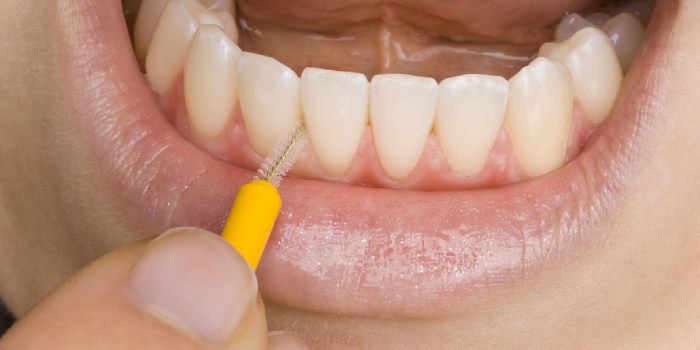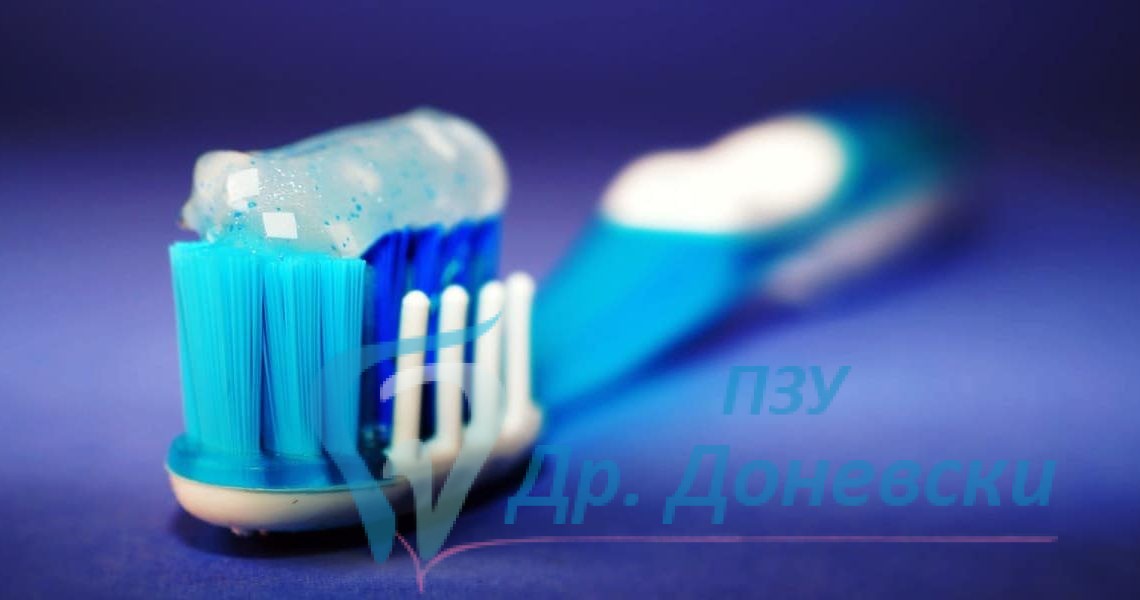Brushing your teeth twice a day will keep them clean and avoid dental health issues – right?
Not necessarily. Merely brushing your teeth doesn’t guarantee you rid your mouth of bacteria and plaque build-up.
In this post we look at some of the mistakes you might be making while brushing your teeth. Do any apply to you?
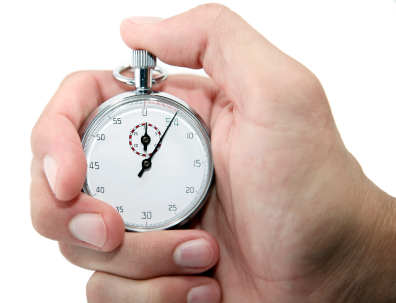

1. Not brushing long enough
This is a classic offense – we recommend you brush your teeth for 2 minutes, twice a day. That’s 2 minutes before you go to bed and atleast one other time during the day. According to the American Academy of General Dentistry, the average person brushes their teeth 45 to 70 seconds per day and that’s 23 to 35 seconds if they brush twice a day (which is less than half the recommended time!)
It could well be that you struggle to tell how long you’re brushing when you do, if you’re using a normal toothbrush then you can use the timer on your phone, a clock or a small hourglass. Most electric toothbrushes “buzz” at 30 second intervals, that way you can divide your mouth into 4 areas, top to bottom, left to right, and spend 30 seconds on each section.
2. Brushing too hard
Using the wrong technique when brushing, paired with a heavy hand, can cause wear on your teeth and potentially lead to receding gums. Brushing harder will not leave your teeth cleaner. A lot of electric toothbrushes have a sensor that will flicker a light if you are brushing too hard.
You want to brush at a slight angle, rather than square to the teeth, and focus on each tooth (tooth by tooth) instead of a side to side scrubbing motion.
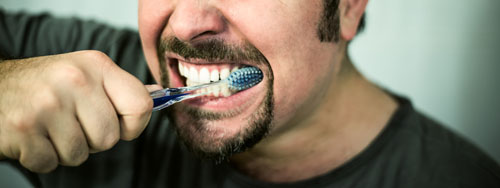

3. Using the wrong toothbrush
Manual versus electric? The debate rages on… One thing we have noticed is that it’s very tricky to clean wisdom teeth with a manual toothbrush so often people will skip the back of their mouth because of this, however an electric toothbrush can clean wisdom teeth much better without requiring you to move your actual brush too much.
An electric toothbrush can also tell you if you’re applying too much pressure on your teeth and gums and give you a little alert so that you know you’ve brushed your teeth long enough.
Whether electric or manual, take care on choosing your bristles. These should be soft or medium instead of hard – you want to clean your teeth gently, without damaging your teeth and gums. The same goes for the size of the brush, a larger brush head is not necessary as you want to cover the surface of one tooth at a time (to make sure you clean each tooth effectively), not all of your teeth at once!
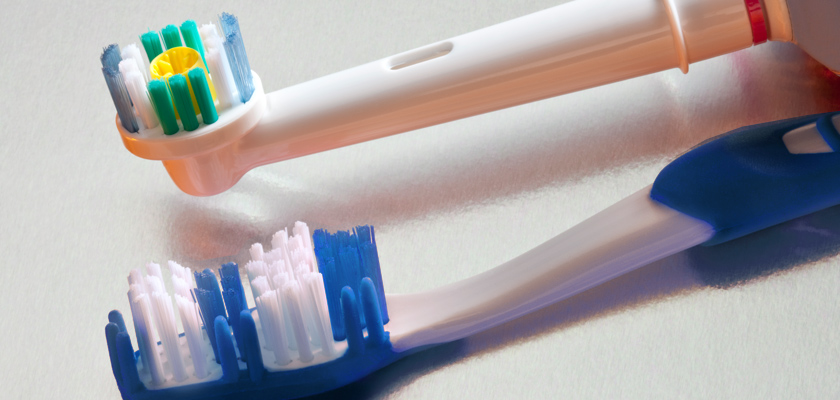

4. Using an old toothbrush or toothbrush head
Your toothbrush won’t be as effective as it should be if the bristles are worn. Change your toothbrush or toothbrush head for manual toothbrushes every 3 to 4 months.
It’s also important to change your toothbrush if you have been ill, bacteria grow on your toothbrush and a fresh brush can prevent you from infecting yourself again.
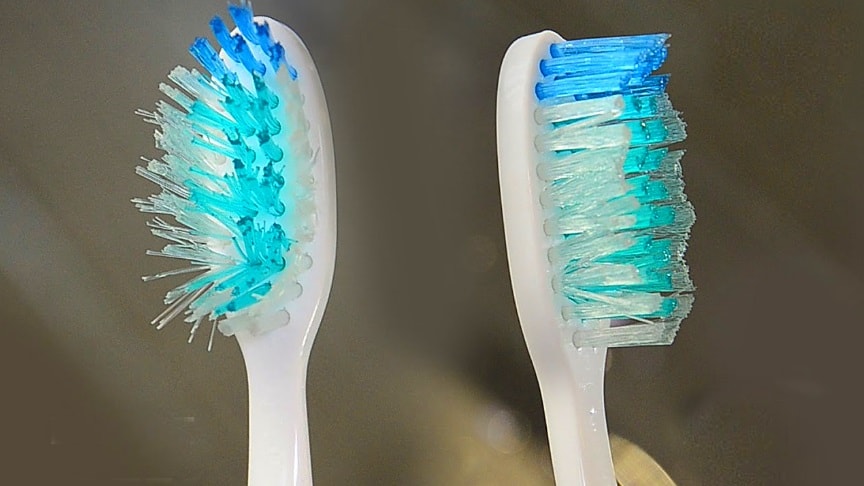

5. Flossing and brushing only the front of your teeth
Some people floss and brush only the teeth they can reach instead of inbetween all of their teeth. It is not just about removing food, but removing the fine plaque and biofilm between teeth and gums, this is the damaging stuff which leads to cavities and gum disease.
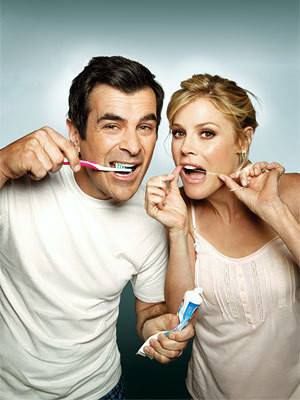

6. Not using interdental brushes
We recommend using an interdental brush along with floss. While floss can reach between the gums, if used properly, you still need an interdental brush to clean the sides of your teeth, which is a spot that your toothbrush and floss may be missing.
